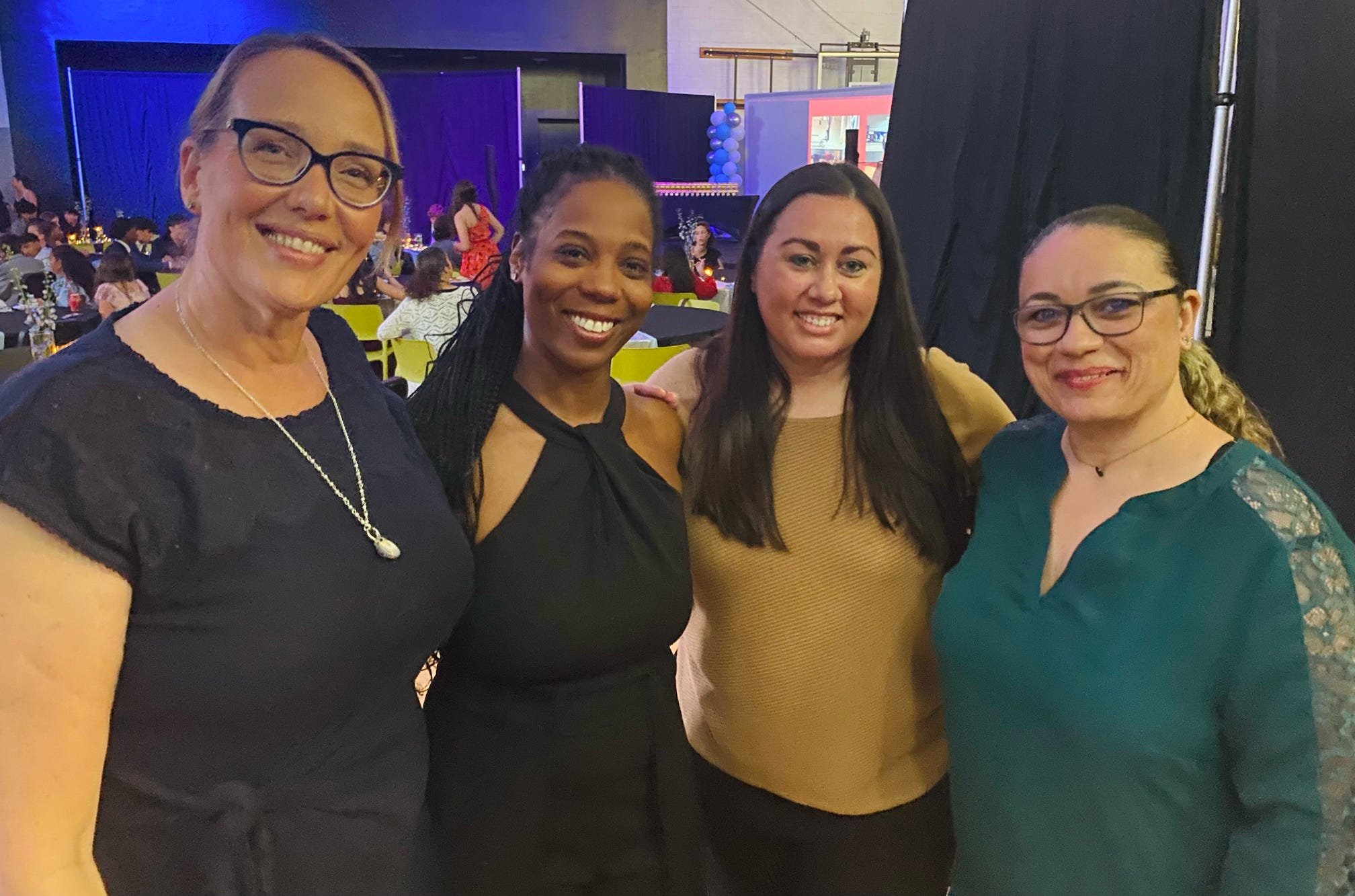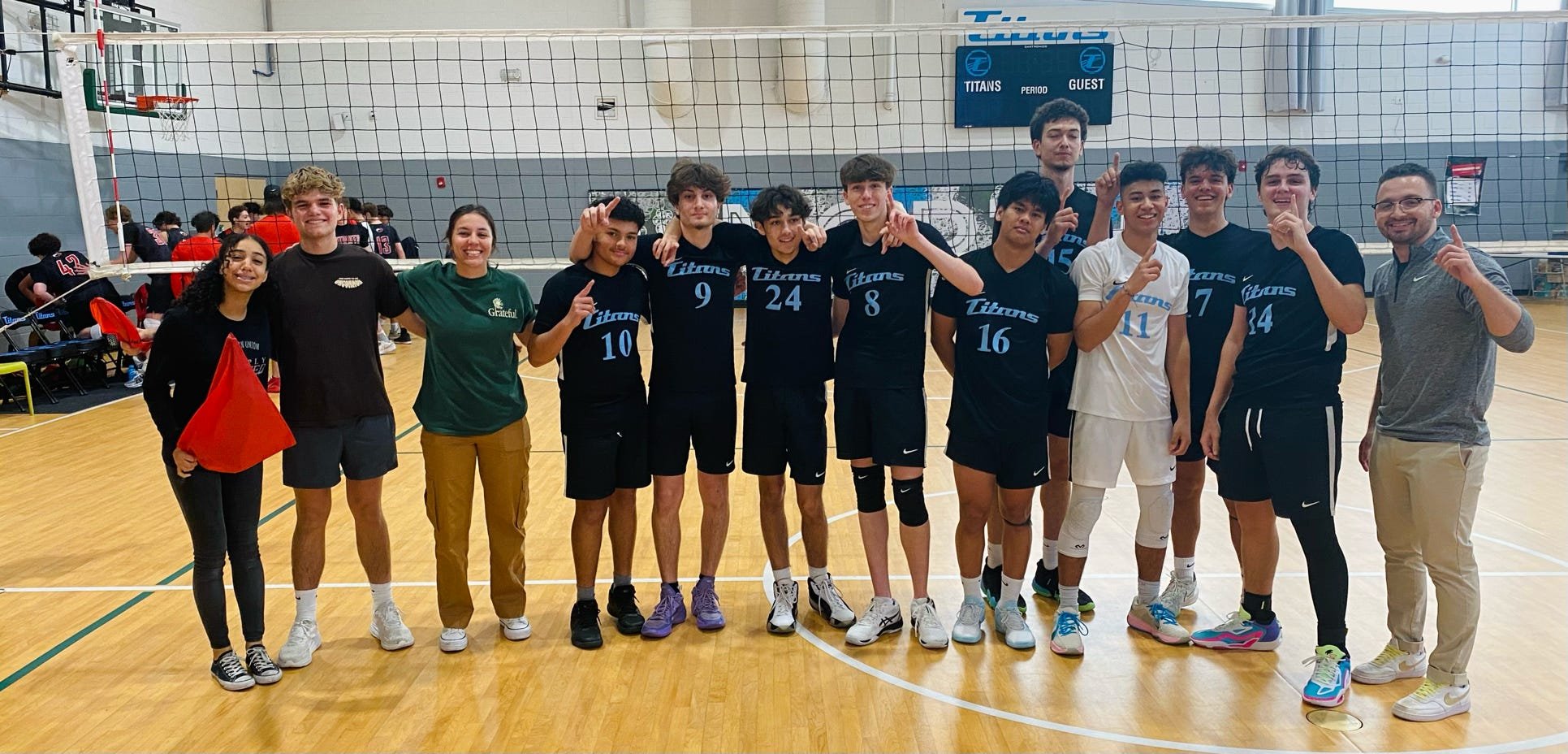Your teen is on summer vacation, and they couldn’t be more excited. It’s finally time to go have fun between school semesters. However, you’re concerned about the summer slide, where students lose some of what they’ve learned during the school year. Students can keep learning over the summer break without feeling like they’re going to class every day. Here are some tips for finding that balance and motivating your teen to keep learning:
Create a Schedule
While you don’t want to make your teen feel like they’re back in school, making a schedule for learning activities can help keep them engaged in learning over the summer. See if you can carve out a couple of days a week to do an educational activity like visiting a museum or blocking out time for summer reading. Things can always come up, so keep the schedule flexible.
Set Goals and Rewards
When setting summer learning goals for your teen, get together with them to discuss what they want to brush up on or accomplish during the break. If there’s something you feel is missing, try to nudge them in that direction. By setting goals, your teen will have something specific to aspire to or focus on. Goals can be as vague as “read faster by the end of summer” or as specific as “read every book on the summer reading list.”
Encourage Independence and Creativity
What your teen needs the most as they work toward accomplishing their learning goals is a sense of independence. Allow them to explore their interests, and support them in the process. If they’re stuck on a problem, offer guidance for finding a way around or through it. As a teenager, your child will soon be out on their own, and they’ll need to be able to think independently and creatively to thrive.
Incorporate Real-World Learning Opportunities
Summer is the perfect time for your teen to explore their interests in the real world. Take that trip to the museum, the zoo, the library, or wherever you can engage with your teen’s interests. If they’re especially service-minded or focused on social justice, consider signing up for volunteer opportunities together.
Stay Positive and Flexible
You want to make summer learning a priority without making it a chore. The more it feels like work, the less engaged your teen will be. Use this break as an opportunity to help them explore what they’re interested in or to bridge learning gaps to set them up for success in the new school year. Make it a positive experience, even if they continue to struggle. Be flexible. If something they want to do lands on a scheduled learning day, you can always reschedule the learning day. Keep your teen engaged by working around their schedule.
Education doesn’t need to be the sole focus of summer break, but learning shouldn’t stop as soon as school’s out for the year. Students at our Tampa private school thrive creatively, academically and spiritually in a project-based learning environment. Faculty and families work together to inspire leadership through Christian innovation. Contact us today to learn more.







